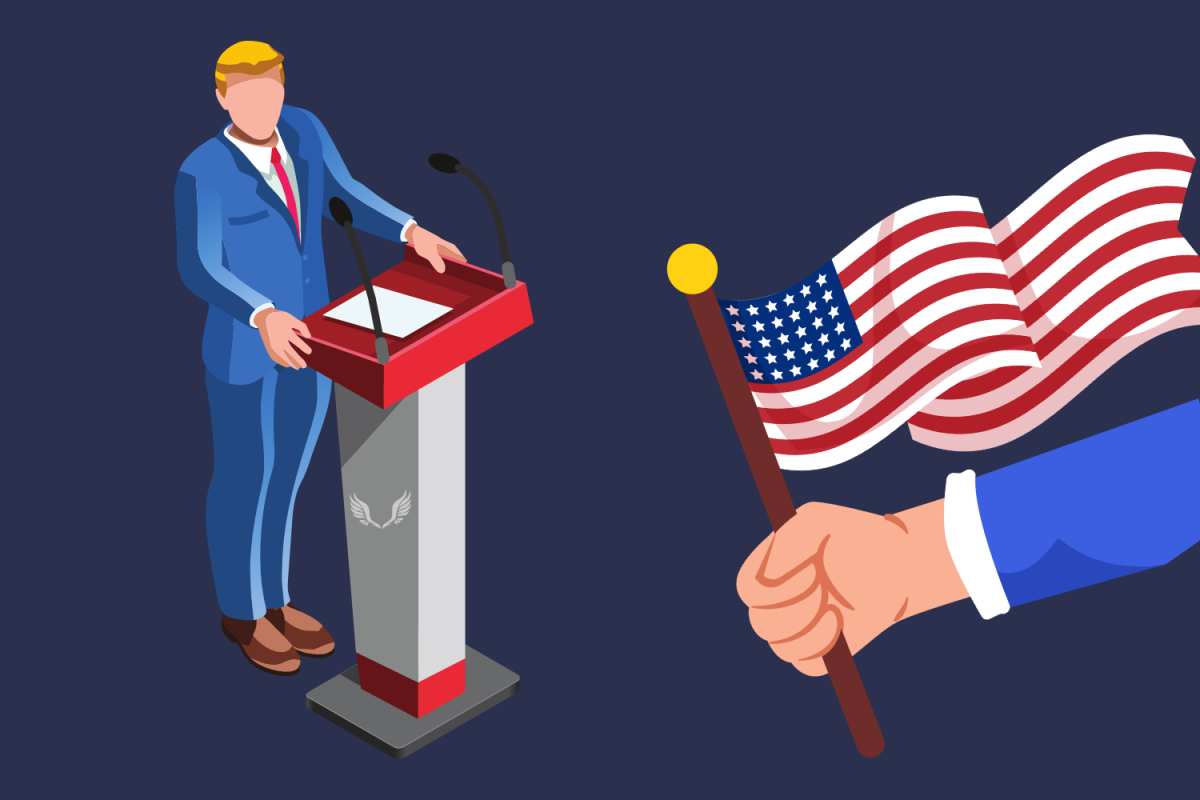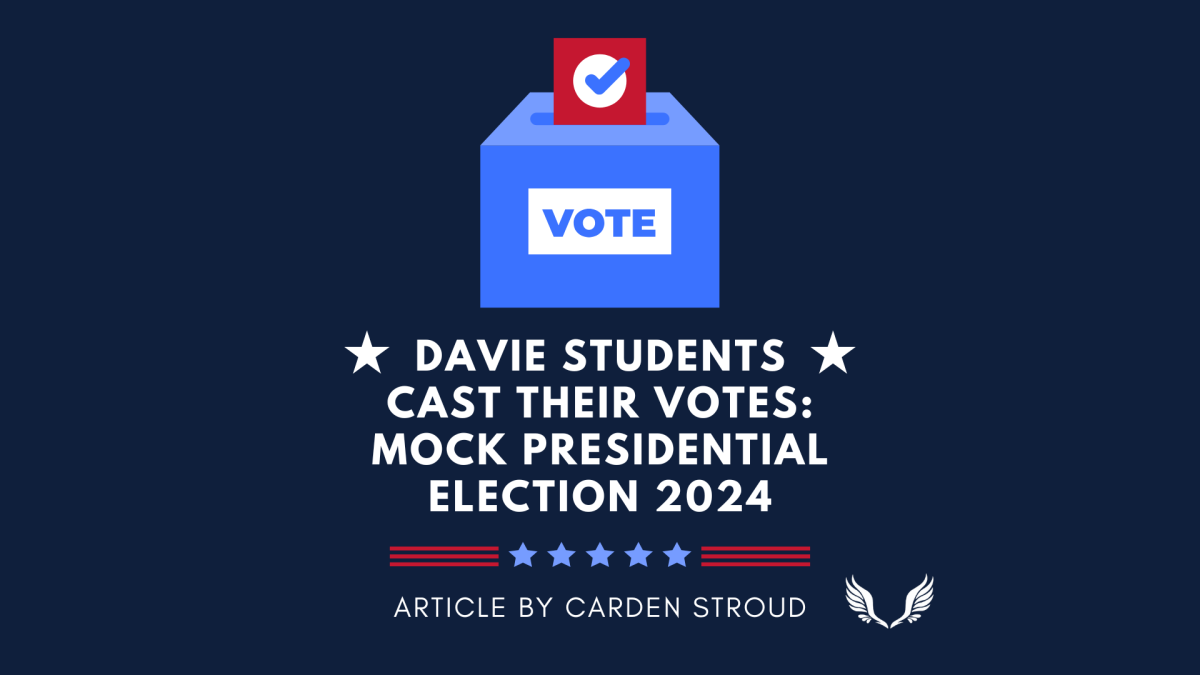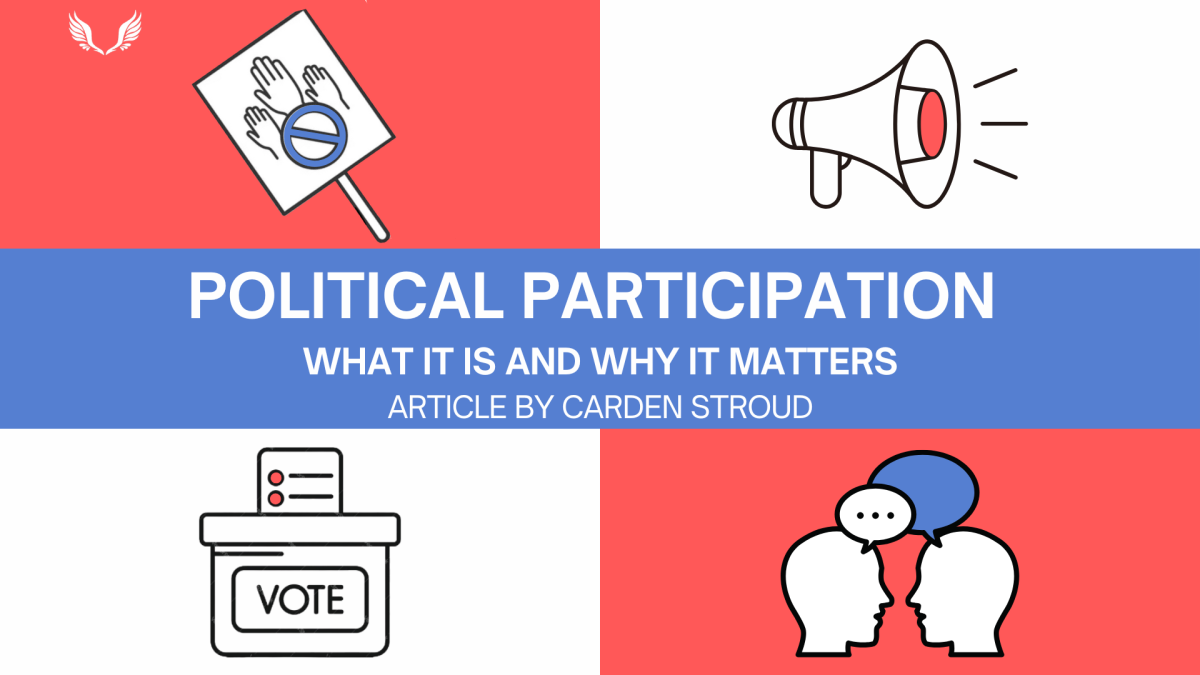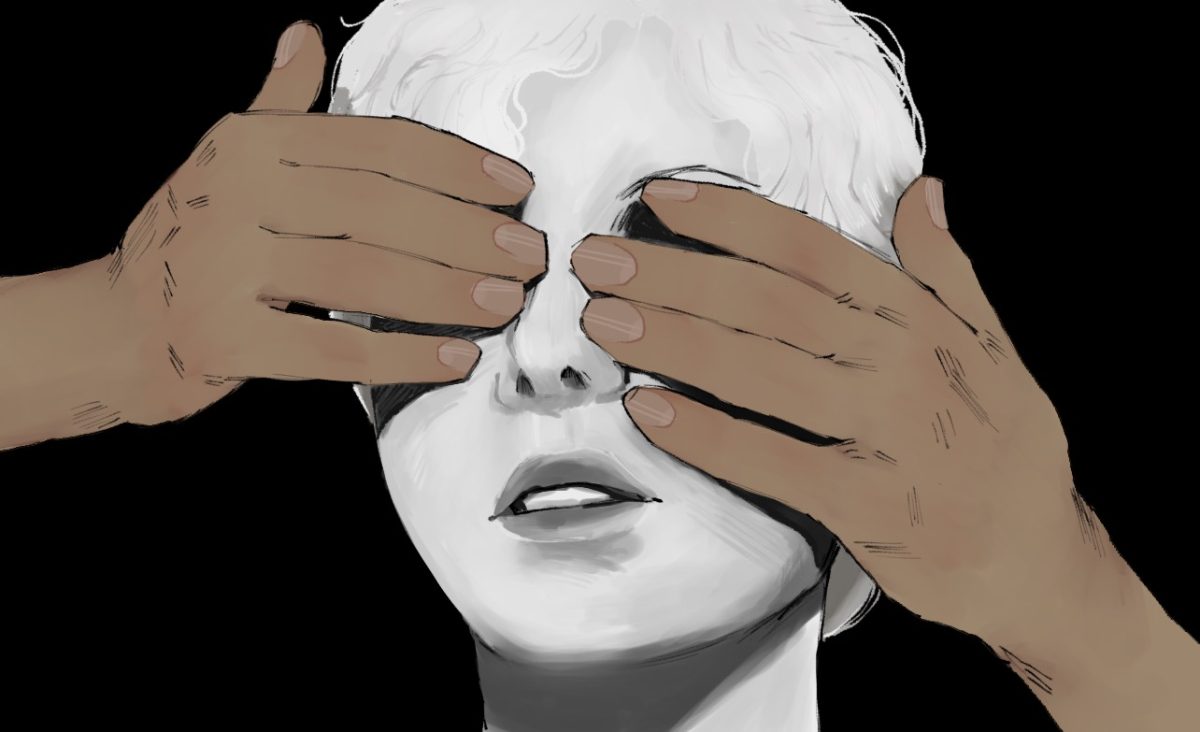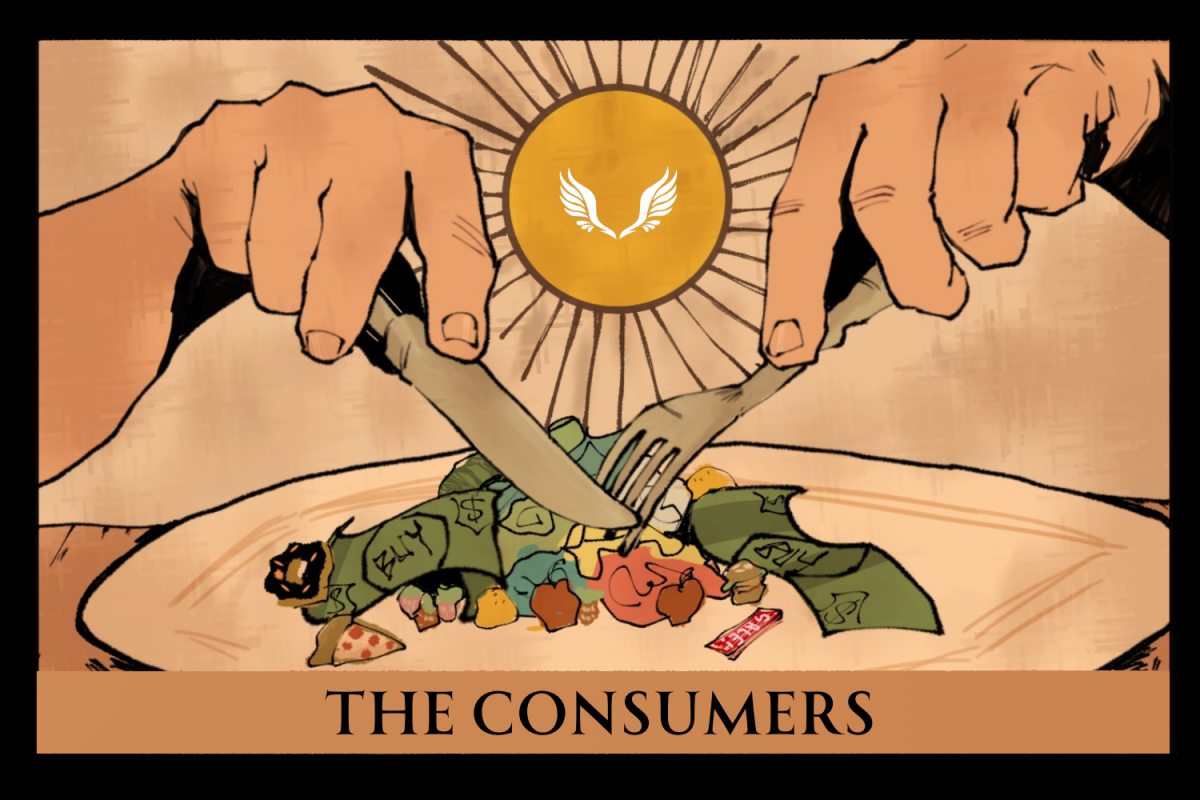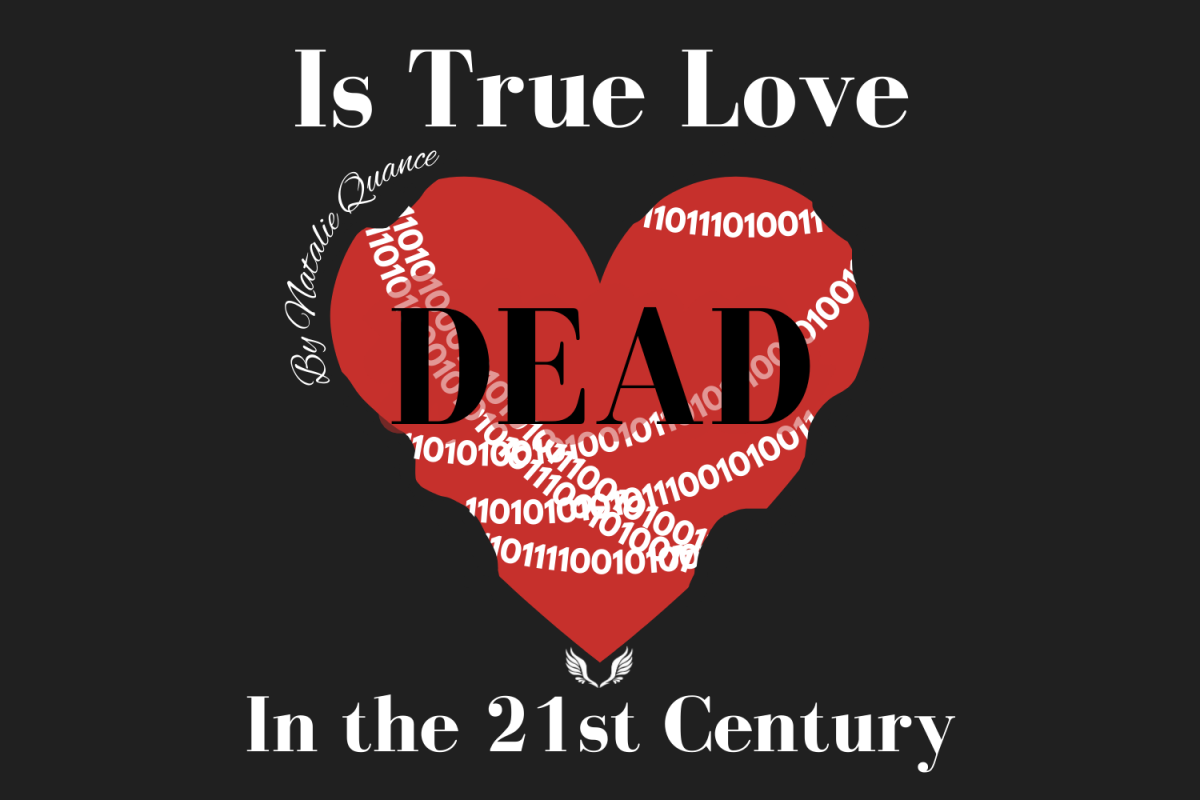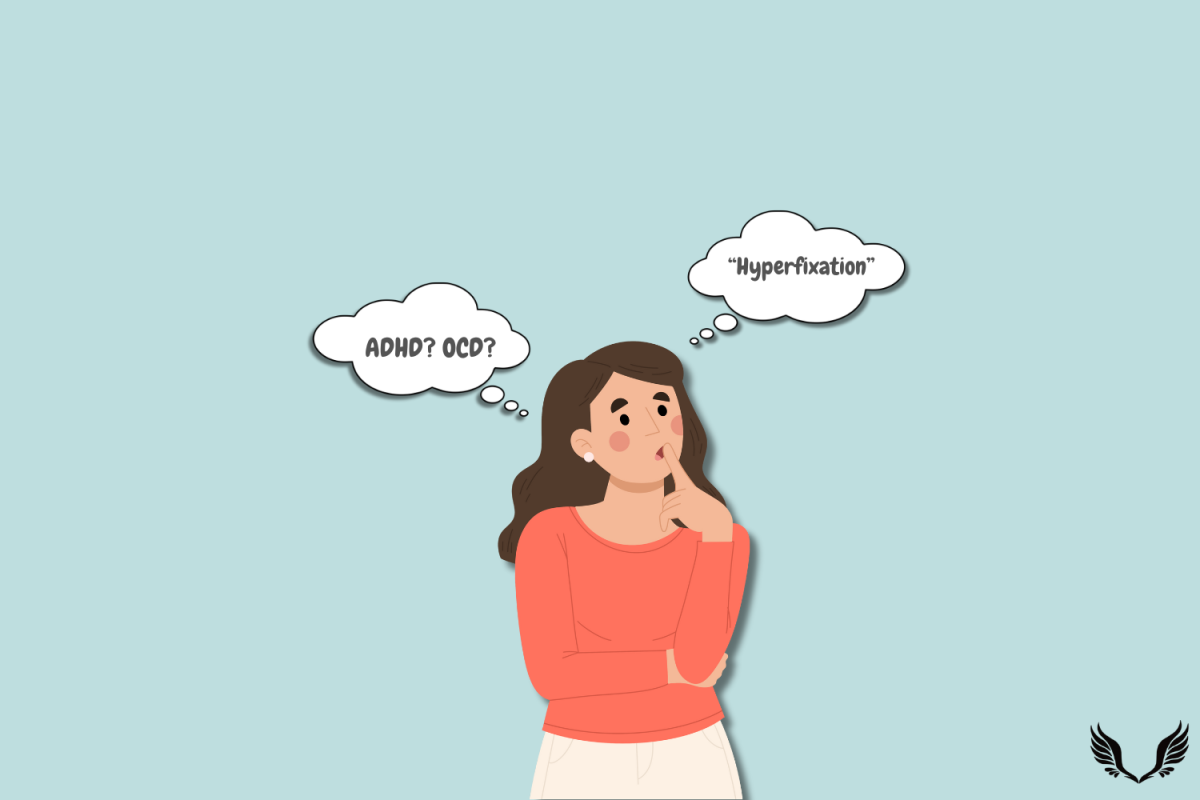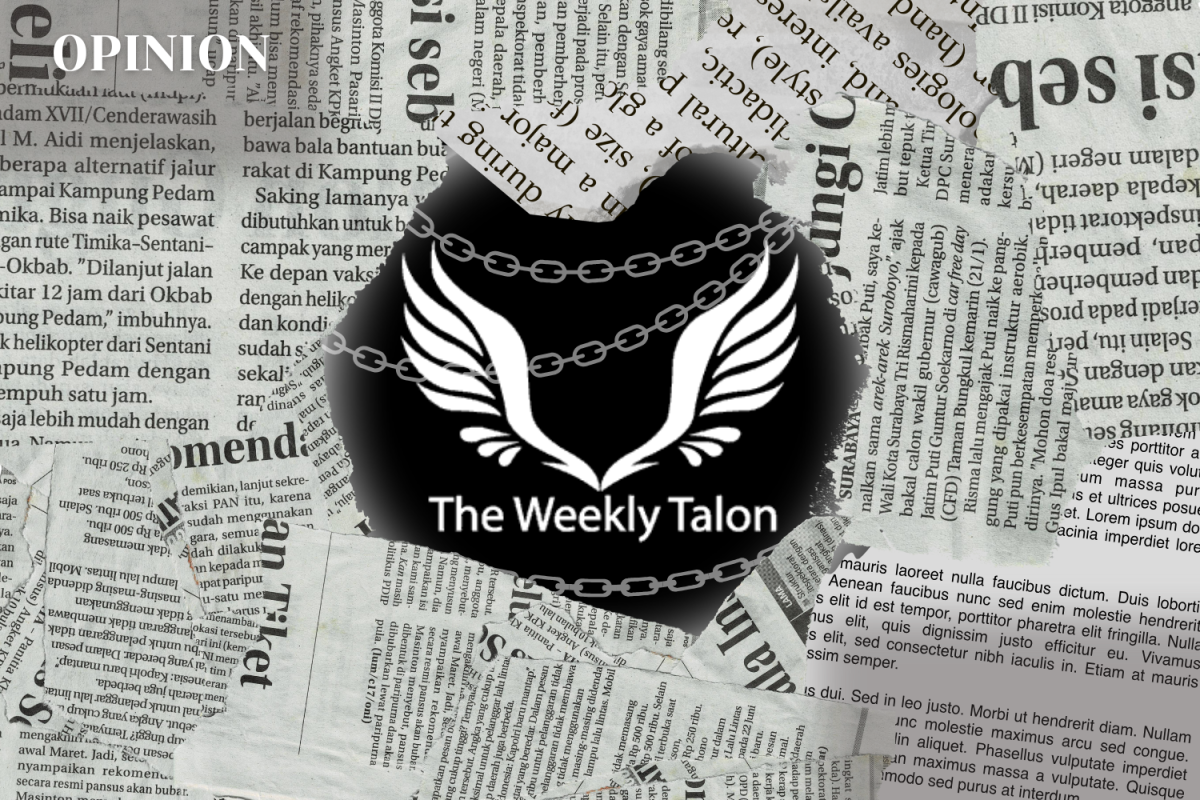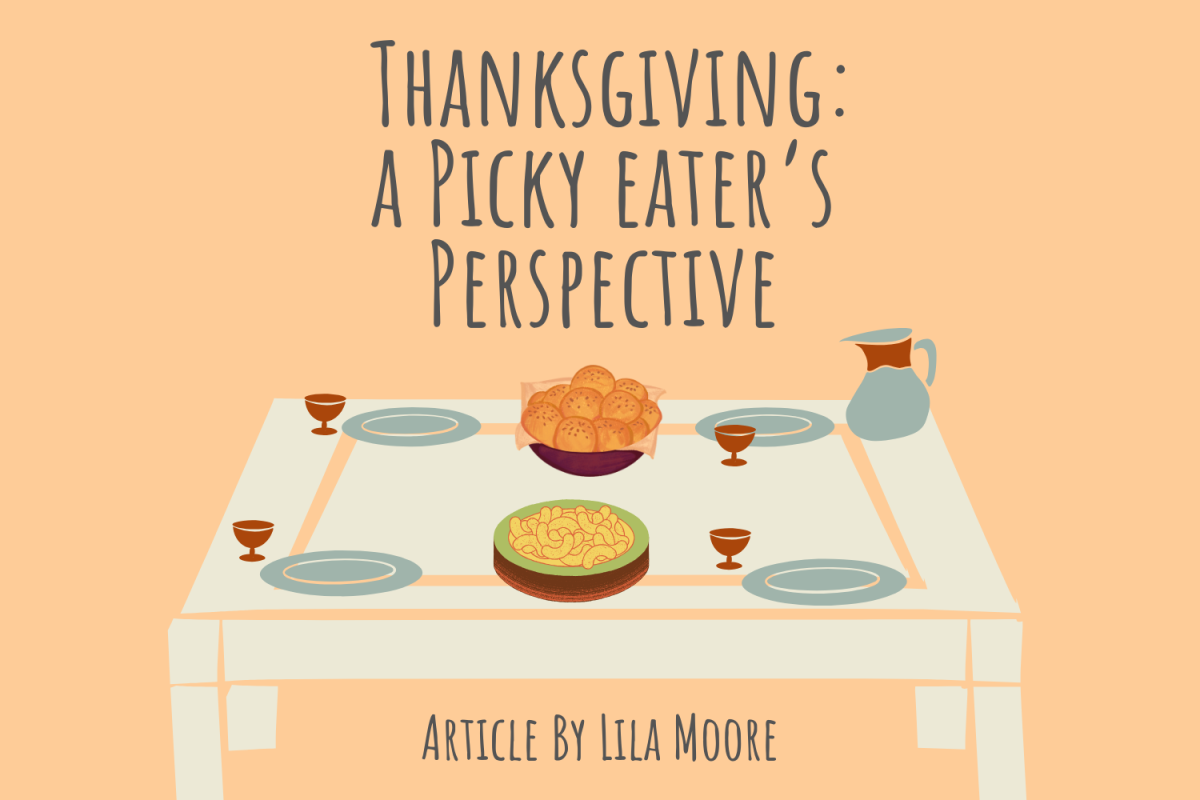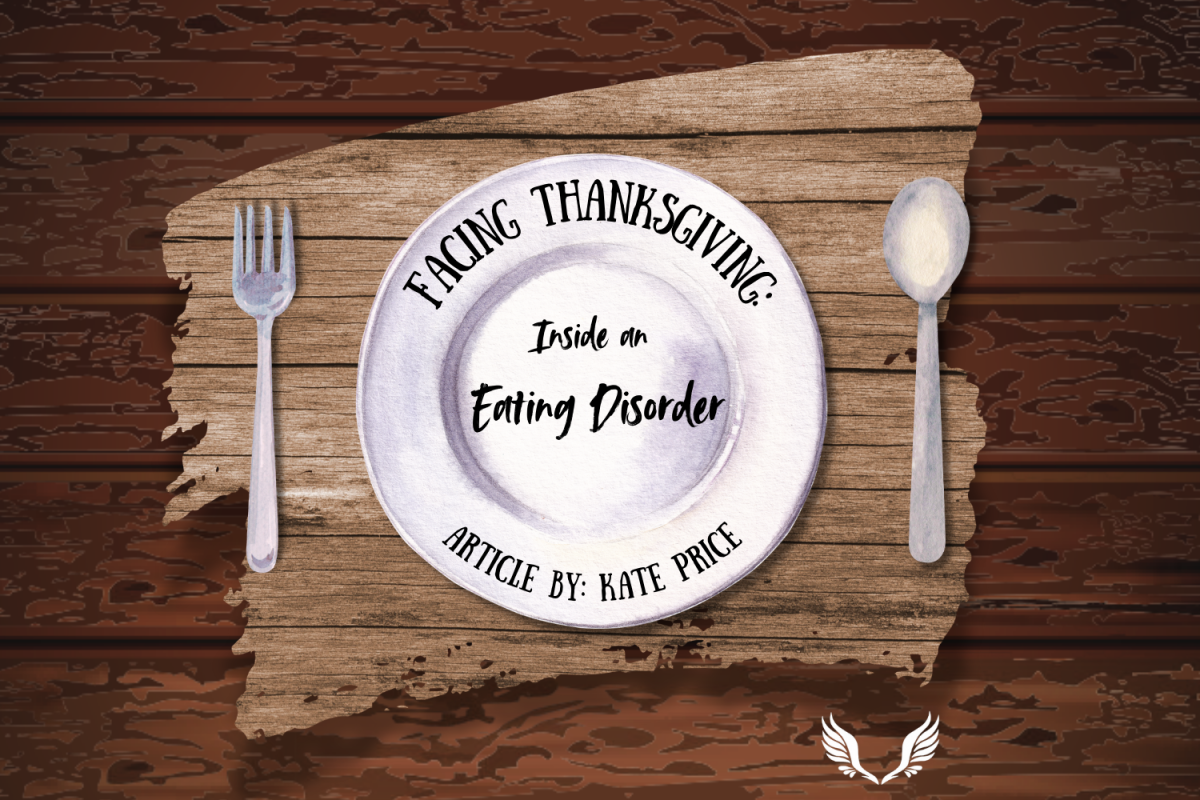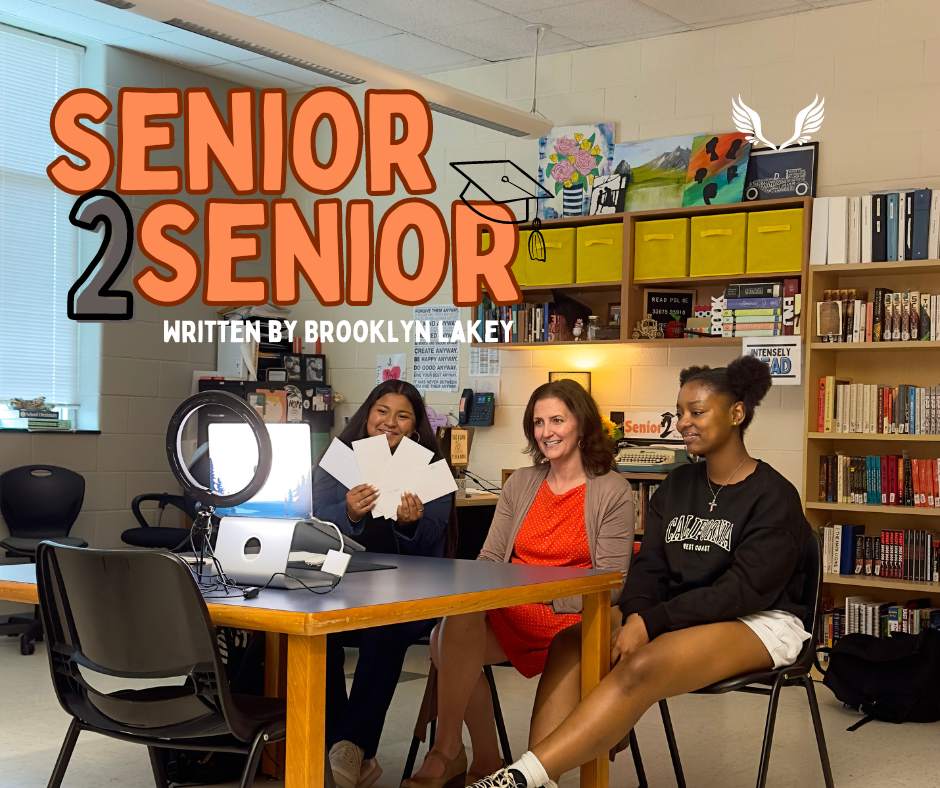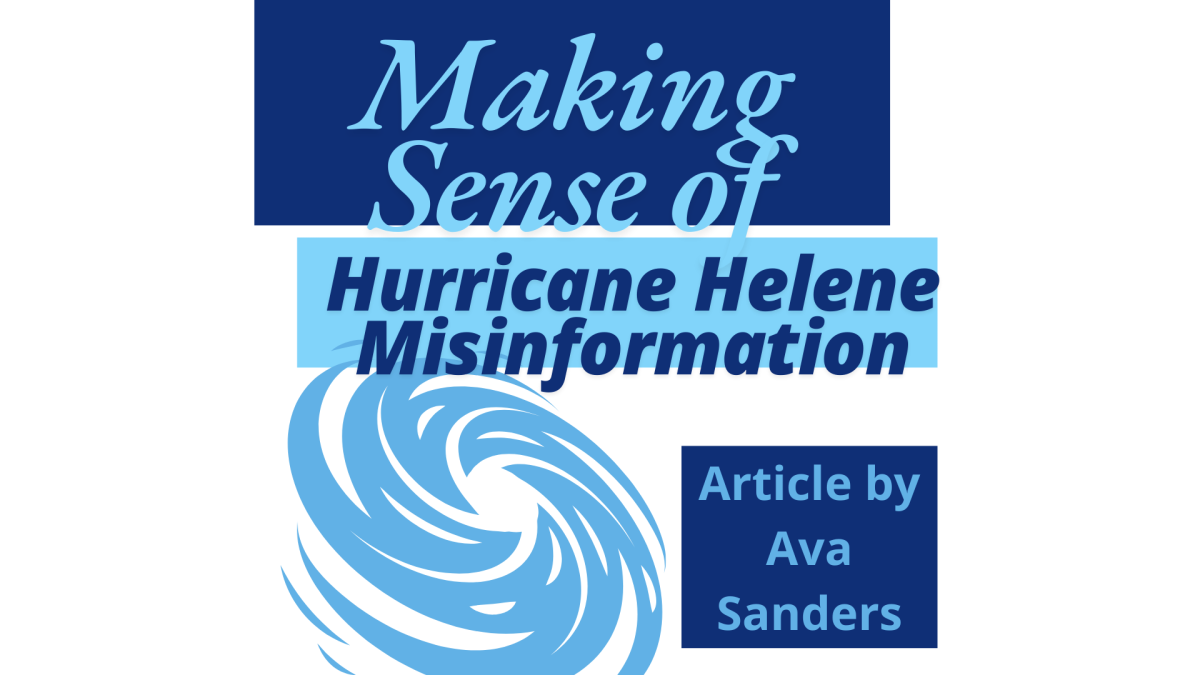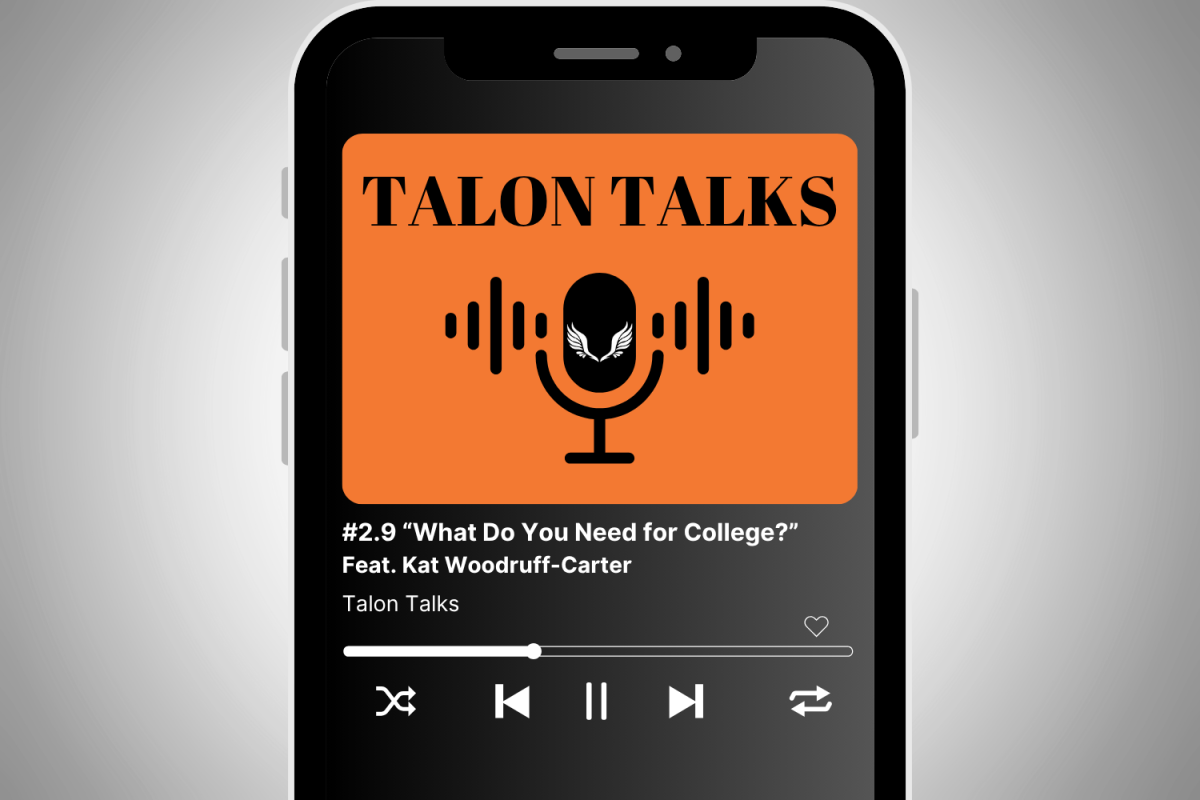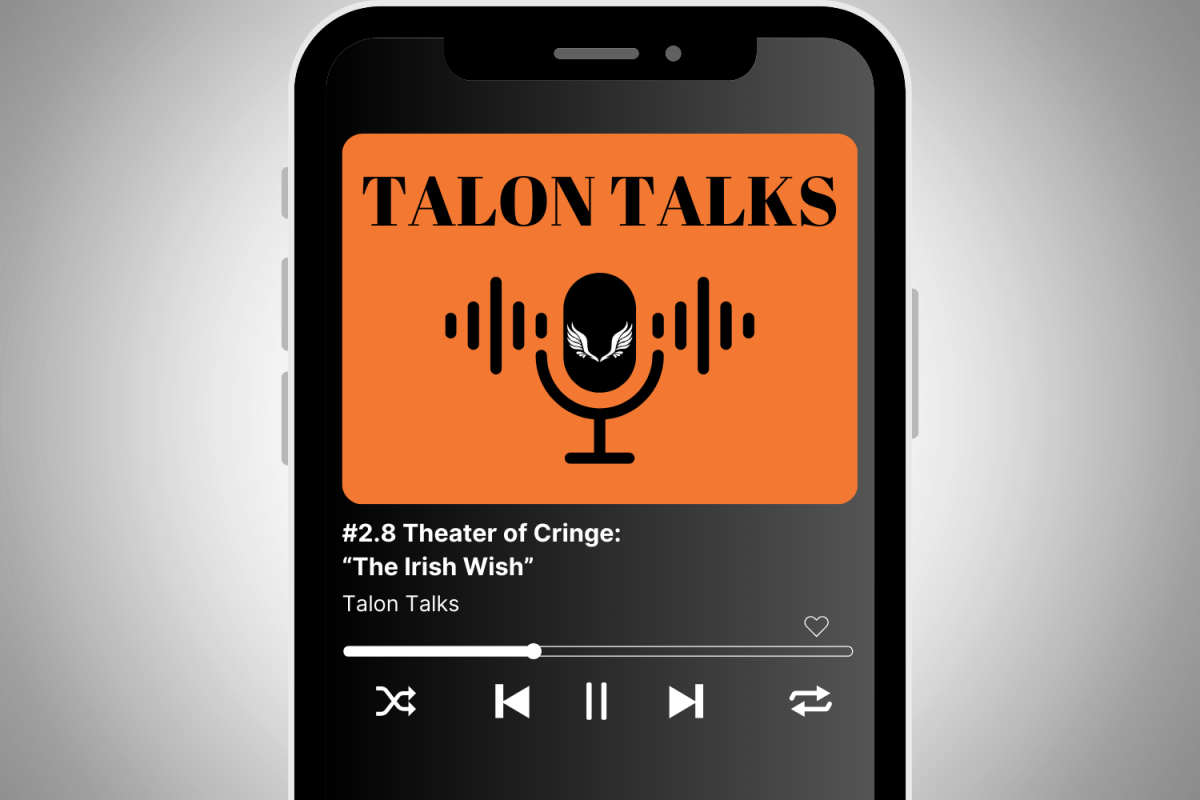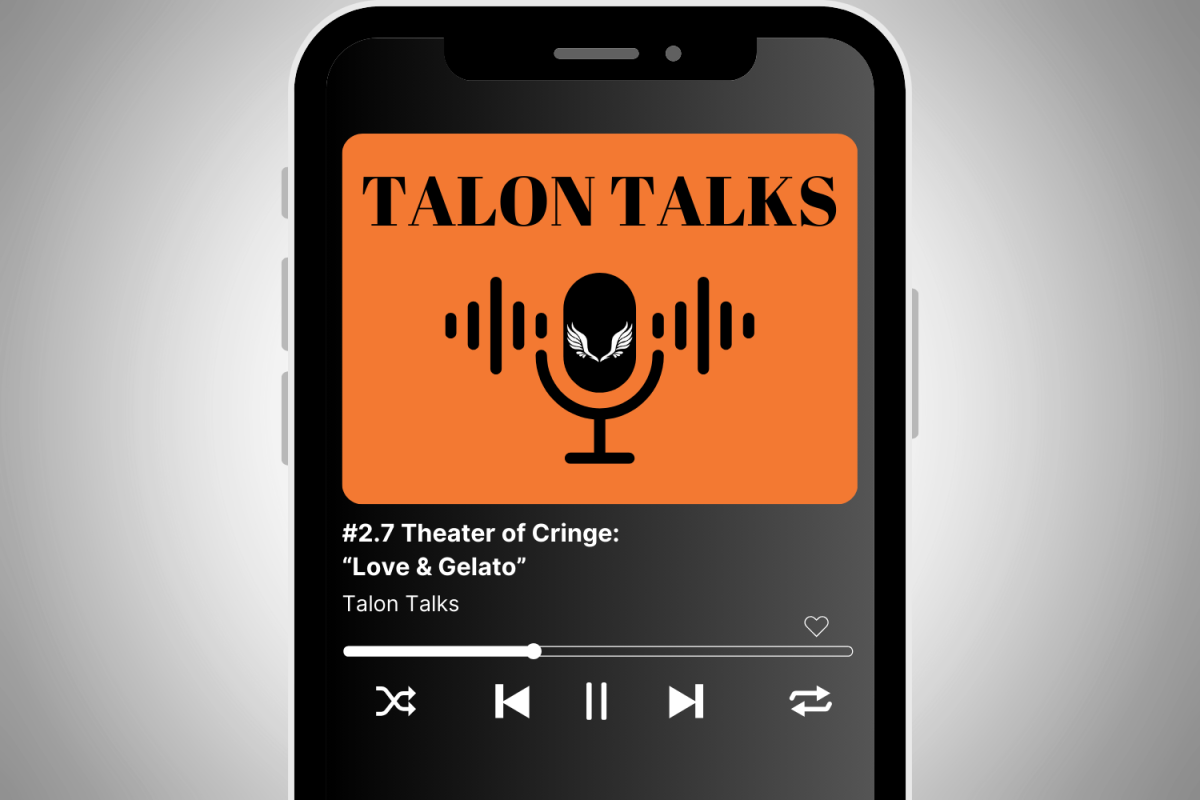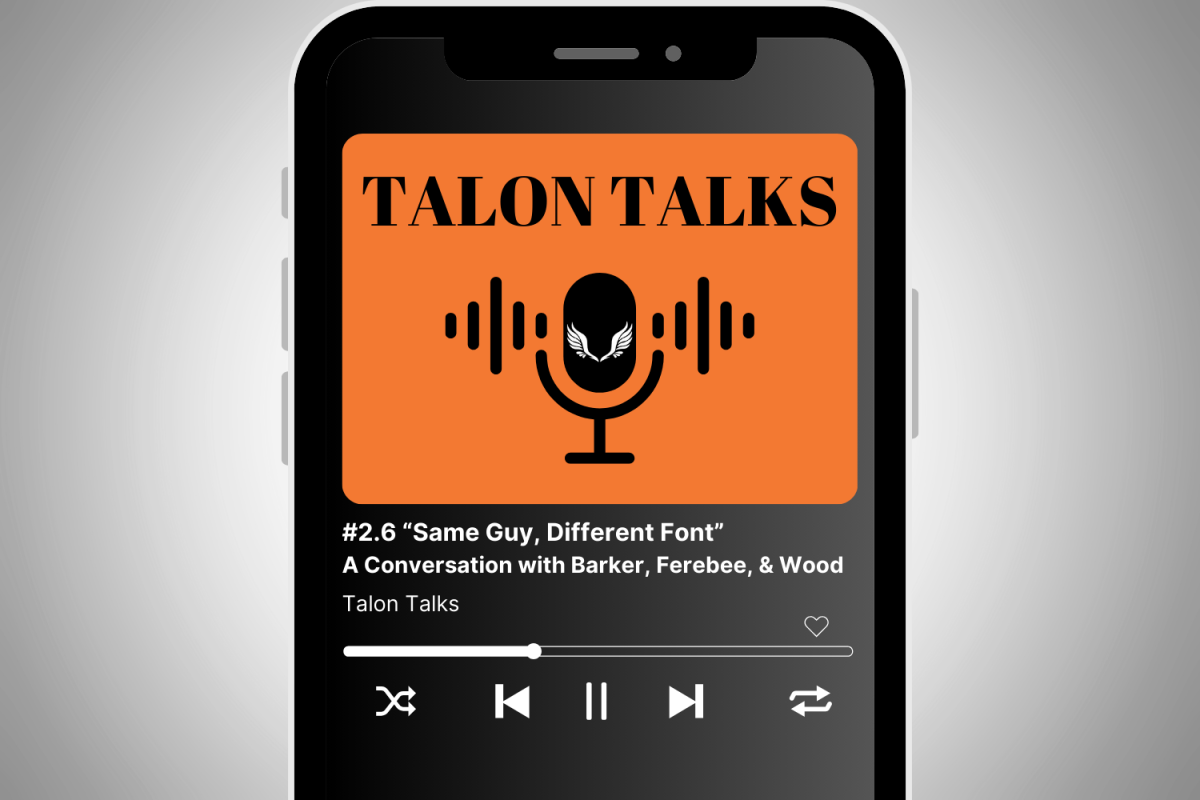Have you ever experienced anxiety related to an upcoming oral presentation?
If so, you are not alone. According to reports from the National Institute of Mental Health, a staggering 73% of the population experiences public speaking anxiety, also known as glossophobia. This is by far the most common fear, ranking even higher than that of death. Anxiety levels, especially among teenagers, have skyrocketed in the past few years making already nerve-racking school presentations even scarier.
Some students would prefer a zero in the grade book to speaking in front of a classroom full of their peers. While dealing with this anxiety may feel hopeless at times, it most certainly is not! Studies show that the best way to confront this fear and lessen or completely diminish the anxiety experienced, is to use exposure therapy. Exposure therapy is essentially the act of continuously introducing the “threat” until it is no longer recognized as such. This allows the activities that once provoked fear to be done with ease. Learning the skills of debate and public speaking are ideal for overcoming this fear and becoming confident in one’s ability to compose and defend arguments.
Debate and public speaking skills go hand in hand, and their benefits are immeasurable. Debate not only allows you to present with ease, but it additionally improves your critical thinking skills, researching skills, quick thinking, ability to empathize with other points of view, and overall sense of confidence in yourself.
Being a confident public speaker is an impressive skill. The manner with which you present has an enormous impact on the way people perceive the information as well as the speaker as a person. Speaking with confidence, as arbitrary as it may seem, influences the perceived credibility and competence of the speaker. As a speaker grows more assured in their abilities, this new-found confidence often spills over into other areas of their life proving to be beneficial in more ways than one.
Debate, like any other skill, is learned. Experiencing a learning process in which yourself and those around you are continuously confronted with the challenge of speaking in front of others will provide you with the perfect environment to conquer your anxiety and grow as a speaker. You learn how to research and which sources to use to compile your facts. Learning this is vital to anyone that has an opinion about anything as they should be able to support their beliefs with trustworthy data.
While effective arguments will appeal to the audiences emotions, ethics, and logic, logic is by far the most important factor. Factual information is used to appeal to the listeners reasoning and convince them of the speaker’s cause. Learning the art of debate informs speakers how to persuade an audience using facts as well as what facts to use and when to use them. This is a skill that is useful throughout life, not just in debate.
Once you have created your argument, the act of actually presenting it and responding to your opponents argument requires quick thinking and develops your critical thinking skills. Regardless of your career choice, these skills will be incredibly beneficial.
The majority of employed Americans who give presentations believe that their presentation skills are are critical to their success at work. Being able to clearly communicate your ideas, especially through presentations, is a necessary skill in the increasingly competitive professional world. Having this skill often sets you apart from competition and lets employers know you are capable of leading others and communicating effectively.
Creating a truly sound argument requires one to consider the other point of view and understand the argument thoroughly. This is done in order to form a rebuttal, but doing so also broadens ones perspective and allows one to empathize with people that disagree with them, even outside of debate.
The ability to understand both sides of an argument and form your own opinion based on the trustworthy information you have gathered is an incredibly valuable skill, especially in college life and beyond. Having informed opinions will serve students well as they progress through their education and into professional careers. No matter their beliefs, students will be surrounded by people they disagree with and learning to be respectful, empathetic, and open minded is vital for forming successful professional relationships.
Learning the art of debate and public speaking is incredibly beneficial and anyone is capable of becoming a talented and confident speaker!






